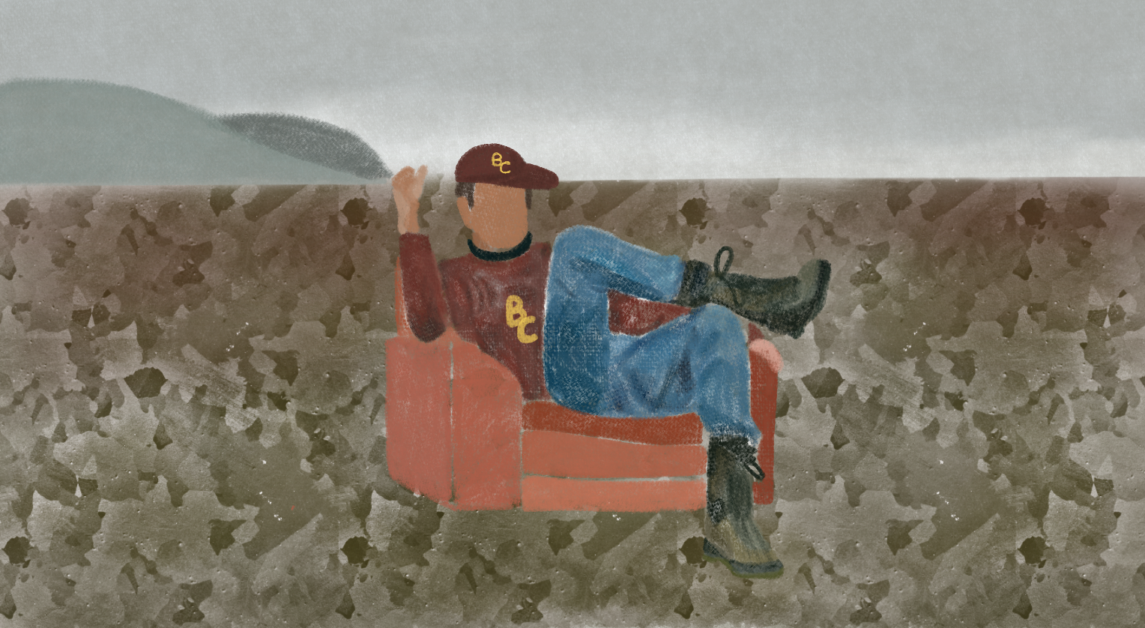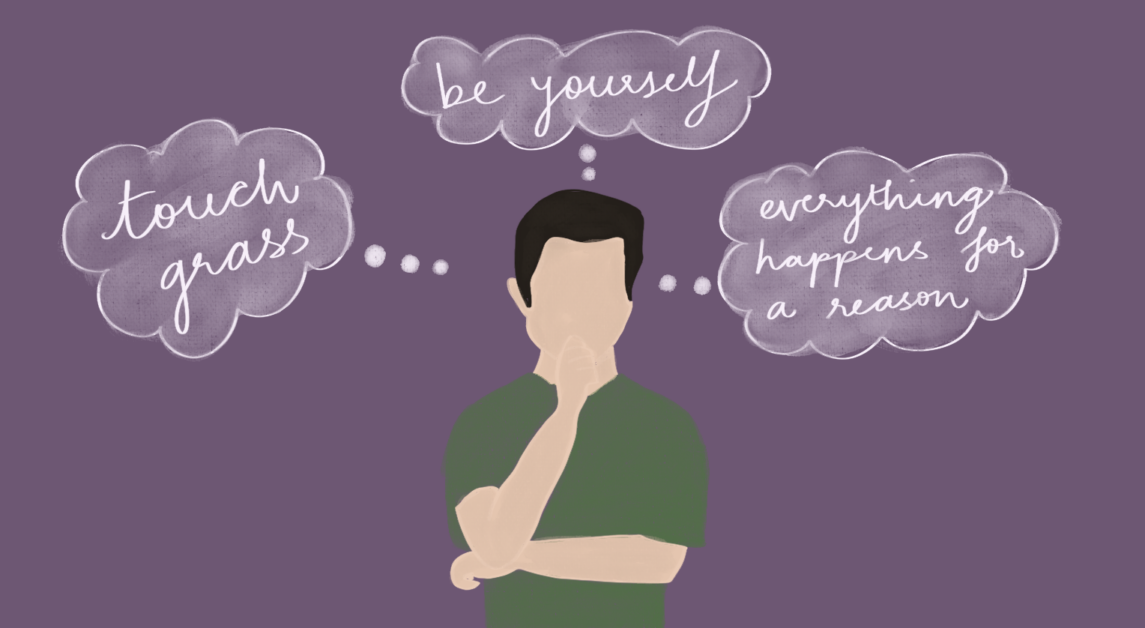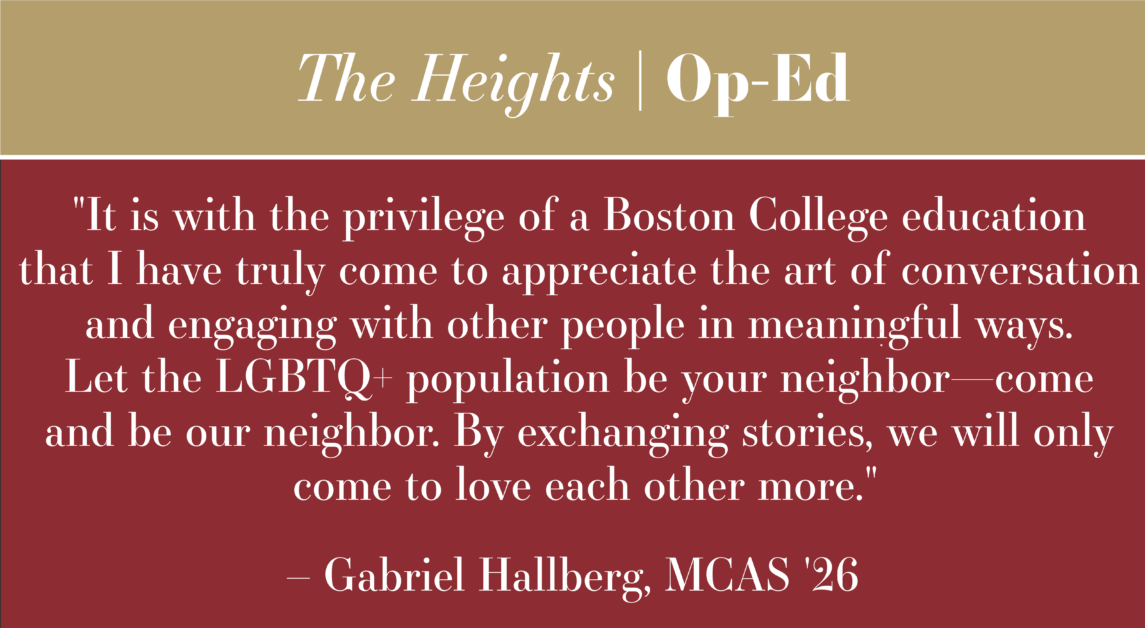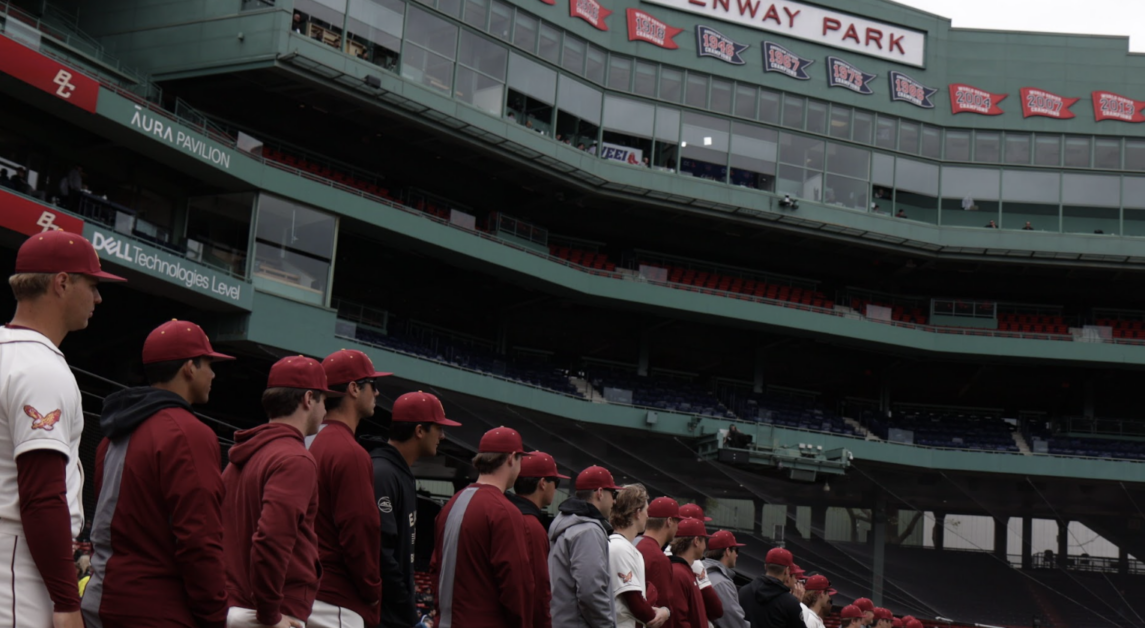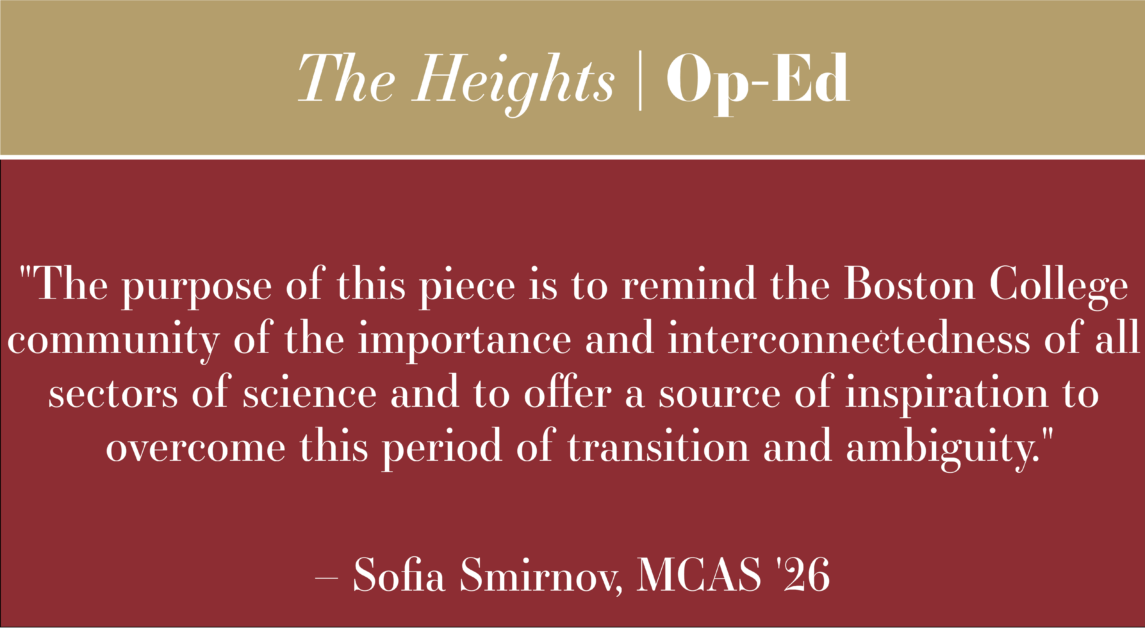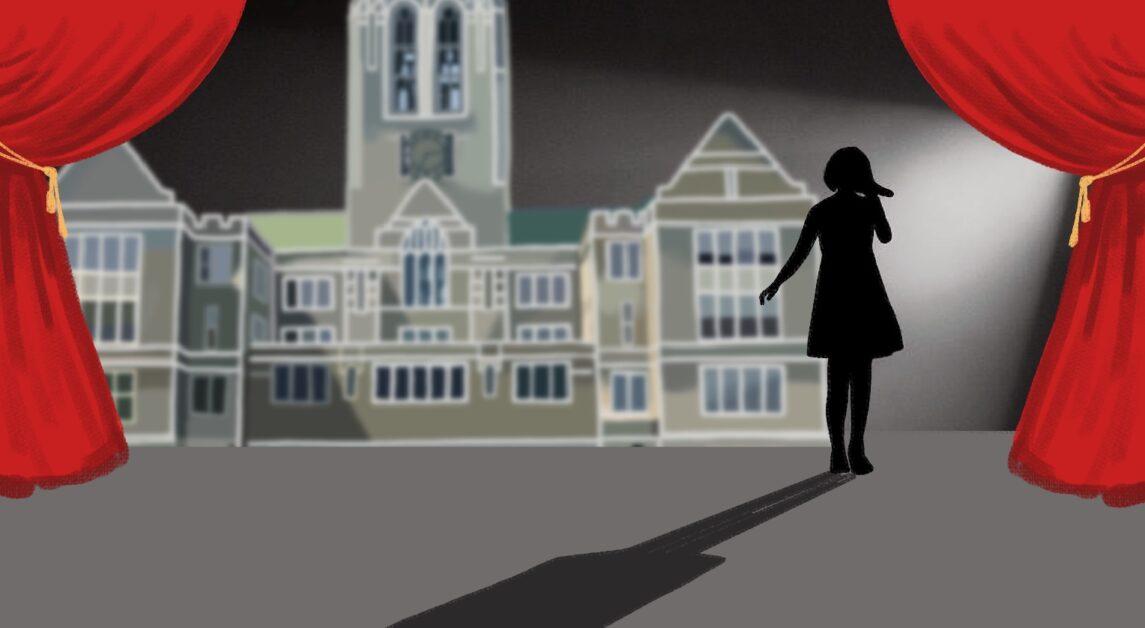I know that what I have to say will come off as snobbery to some. I admit that what I am about to do is a little cruel, but as one wise madman said, “I must be cruel only to be kind.”
Read the following excerpt from a music review published in one student paper last year. References to the source have been excluded to maintain the anonymities of the writer and publication.
The final performance before intermission also contained a number of solos. It began with a low, strumming string base … Following intermission, audiences finally got to hear … all-time jazz legend Duke Ellington—the band performed “Such Sweet Thunder,” a smooth, sly tune. The trumpets took the lead on this number, which was a nice change of pace … It was great that bOp! included a piece like this one—bop is often best performed on the trumpet because it can give both a jazz and swing aspect….
That’s funny, I’ve never heard of the “string base.” Nor was I aware that an ensemble could play to multiple “audiences” in one theater. I had no idea that “bop,” or “bebop,” or “hard bop,” was best played on the trumpet—too bad for Charlie Parker, Ray Brown, Max Roach, and Art Blakey. And can someone explain to me what “both a jazz and swing aspect” is supposed to mean, and how a trumpet can “give” it. Oh, and Ellington did not write bop-style tunes.
Sarcasm is a mean, poor substitute for legitimate critique, so I’ll be frank. Why was this act of music butchery published? That article is the worst instance of the journalistic bystander effect I have ever encountered. The editor—let alone the author—did not even catch that a mainstream instrument was misnamed. Now, I understand the difficulties in composing a good music review. Music is ineffable—it defies accurate description, and even the best reviewers rely heavily on adjectives to supplement their professional knowledge. To this extent, I sympathize with the writer. I take exception, however, to the attitudes that produced and permitted the blatant errors in that article.
If a piece concerning University President William P. Leahy, S.J., were to be published, wouldn’t the writer and editor exert extra effort to have the facts right and present them clearly? Or, if a sports reporter were charged to cover the football team, wouldn’t he use the correct terminology in an intelligible way? Writers treat “important” people, “important” events, and “important” cultural practices with the respect and thoroughness that they deserve. Music and the arts, at least in student publications on this campus, do not receive the same meticulous care. I would not dare to write a piece on, say, the stock market without serious research and consultation with experienced financial reporters. Why, then, do writers with no more musical experience than an iTunes library assume they can rhapsodize on the complex history, use, and practice of music?
I am not only troubled by the careless way we write and talk about art and music, but also by the songs and genres we privilege as important and relevant on campus. Another columnist complacently observed the pervasiveness of bad pop music a few weeks ago. A few fellow musicians asked me to write a response, so I’m going to try—but I maintain all respect for the other author and his thoughts. We are opinions columnists, after all.
It was encouraging to read that he acknowledged bad pop as bad, but I wasn’t satisfied with the conclusion—it’s bad, but oh well, because the artists are rich, we get to think about ourselves more when we listen, and we can act out shady emotions and sexual desires. Of course we need catharsis, especially in a social context, but is an overdose of this music the healthiest route to it? Personally, I believe that pop is embraced on campus for the same reason that alcohol and noncommittal sex are popular—all three alter that which makes us most human, our consciousness. Before I continue, I should acknowledge that I, too, plug into Top-40 and hip-hop, typically when I work out. I use it to access the more animalistic and non-reasoning levels of consciousness so I can push my body to its physical limits. I tell you this because I, too, recognize the ease of using pop as a method of escape or a means to facilitate those late-night interactions. But why must we binge drink it? Why are pop and the occasional alternative or indie track the only musics worthy of our attention and of our parties?
The state of music writing and the use of pop on campus sadden and frustrate me as a musician because both indicate a sharp drop in the desire to pursue wonderment or to use music to encourage, rather than stifle, the lives of our minds. “Good music”—funk, jazz, R&B, some rap, neo-soul, swing, classical, folk, sacred, bop, Afro-Cuban, Arabic, you name it—has the capacity to access the whole spectrum of emotions and take you outside of yourself. If, as the other columnist pointed out, bad but cathartic music allows us to shut the world out, good music teaches us how to transcend and how to recognize beauty and mastery in the world. Good music is worth a grown man or woman’s time and is worthy of respectful listeners and reviewers. Find the styles and artists that bring you to life, rather than the same deadening Saturday night cocktails of songs that distance you from it.
One final PSA: Your fellow musicians on campus simply ask that no one write anything more about string “bases.” Please.
Featured Image by Jordan Pentaleri / Heights Editor



